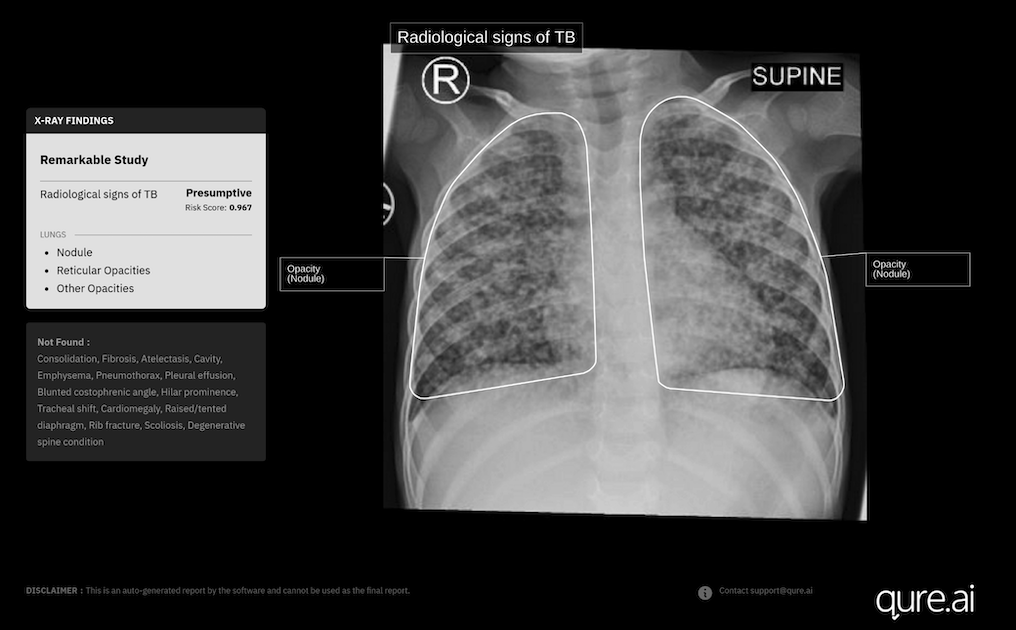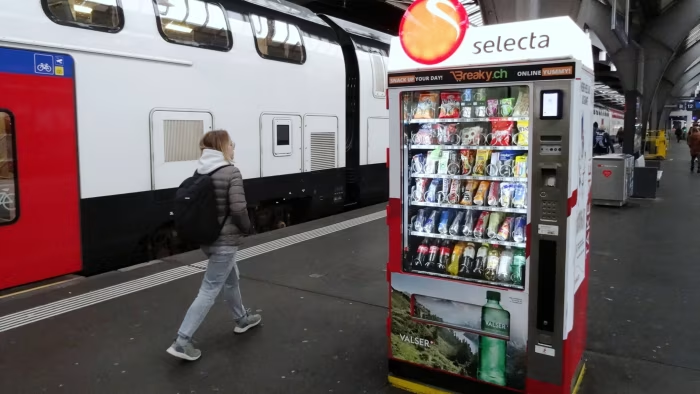Anomaly detection use case will be demonstrated live with partner Q-KON at AfricaCom 2025
Herndon, VA, 28 October 2025 – ST Engineering iDirect, a global leader in satellite communications, today announced its AI-powered network analytics platform proof of concept that enables operators to anticipate and resolve network issues before they escalate. This underscores how real-time insights, predictive analytics, and anomaly detection are reshaping satellite network operations.
ST Engineering iDirect’s platform leverages both historical and real-time data—such as weather patterns—to predict throughput, identify anomalies, and drive proactive interventions. By minimizing downtime and maximizing network reliability, it empowers operators to meet customers’ expectations and deliver exceptional service by ensuring uninterrupted connectivity. The platform will help operators cut operating expenses, streamline resource management, and transition from manual to autonomous workflows, driving greater customer satisfaction and operational efficiency.
“Our strategy goes beyond connectivity. We’re developing value-added applications that help our customers run smarter, more resilient operations and create a true competitive edge,” said Sridhar Kuppanna, CTO and SVP of Engineering at ST Engineering iDirect. “By enabling operators to resolve issues early, optimize resources, and boost workforce efficiency, our network analytics platform advances both business outcomes and customer satisfaction.”
The platform was recently validated in a real-world use case. Q-KON, a leading provider of satellite communication solutions in Africa, utilized ST Engineering iDirect’s platform to detect anomalies affecting network performance. The early identification of a recent installation error allowed Q-KON to take corrective action and avoid service degradation, directly improving customer experience and operational performance.
“The insights gained from ST Engineering iDirect’s network analytics platform will be transformative,” said Dr. Dawie De Wet, CEO of Q-KON. “The ability to predict and prevent issues before they impact service will raise our operational standards, ensure reliable connectivity for our customers and enable us to offer advanced service packages.”
Live demonstrations of the platform will be hosted at Stand C63 during AfricaCom 2025, Nov 10-13, 2026. Register today.
*****
Media contact:
Martyn Gettings Tank PR
Email: martyn.gettings@tank.co.uk









